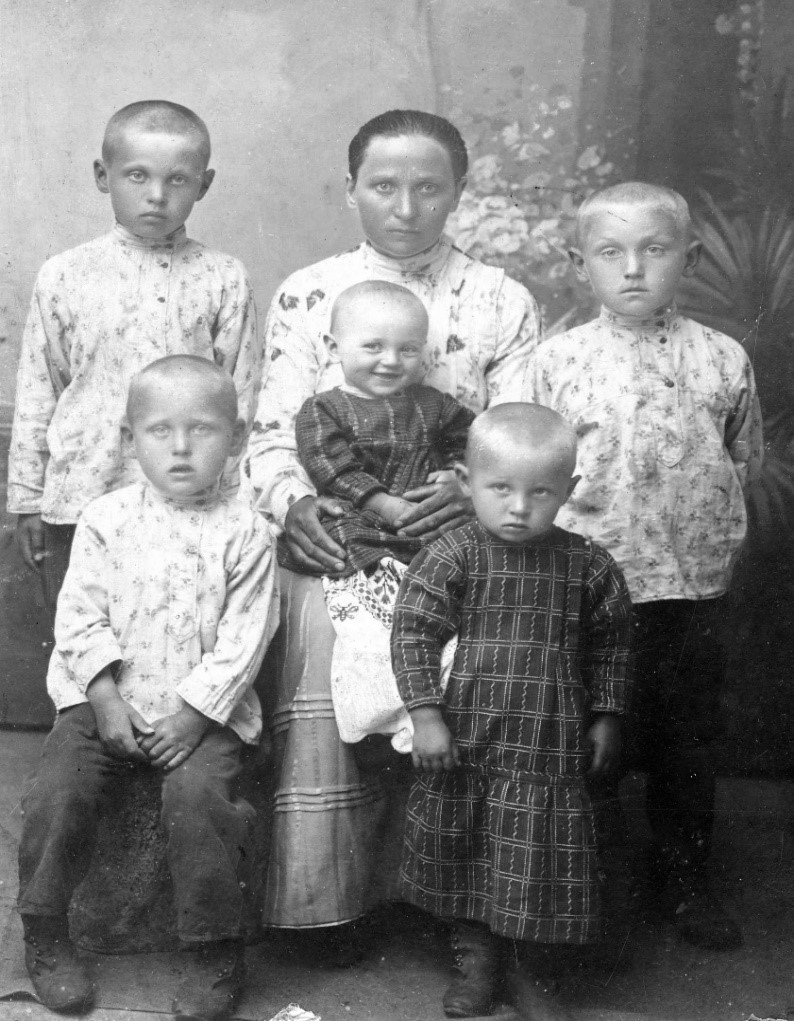
🧵Another update from Professor Mychailo Wynnyckyj, Kyiv Mohilo Academia.
Thoughts from Kyiv – afternoon March 9
1. This war must have a purpose.
Thoughts from Kyiv – afternoon March 9
1. This war must have a purpose.
2. Perhaps I am being too mystical in my thinking, but history seems to show that changing the course of human development sometimes requires catastrophe . Could it be that all this death and destruction may have some constructive end?
3. In the social sciences, much has been written over the past 4 decades about humanity’s apparently ongoing shift to “postindustrial society” (D. Bell), about the “third wave” of development (A. Toffler), about western society’s transition to “postmodernism” (F. Lyotard).
4. The industrial revolution spawned a particular way of life (including power relations, trade relations, consumption patterns, values and norms, rule systems). That civilizational system is now changing.
5. In addition to a shift in economic priorities (i.e. how wealth is generated) from industrial production to services, sociologists & management theorists have pointed out that since the end of the 20th century, accepted ways of structuring organizations has gradually changed.
6. Hierarchy is out, teamwork is in. Richard Florida has highlighted the emergence of a new “creative class” whose organizational requirements differ widely from those of traditional industrial management.
7. In the political sphere Moses Naim has pointed out the “end of power” in the traditional sense, and the growth in importance of informal influence. “Institutionalized charisma” as described by Max Weber, no longer seems to form the basis for legitimate authority claims.
8. All of these observations point to a global shift in the principles according to which society is organized: away from hierarchy and bureaucracy (i.e. away from the foundational requirements of modern capitalism) to some form of “network” society.
9. And although technology is important for this shift, the appearance of smartphones and the internet cannot be the whole story.
10. In “Great Revolutions and the Civilizations of Modernity” sociologist S.N. Eisenstadt argued that modern civilization (i.e. industrial capitalism, demo nation-states, modern consumerist culture...) did not emerge through evolution.
11. The development of modernity as a way of life was accompanied by revolution, war, violence…Could it be that this war is part of the natural prerequisite of human evolution? To progress from one civilizational phase to the next, does humanity need war?
12. If so, perhaps this war has a purpose: to enable our shift from hierarchy to heterarchy (among other things). Let me explain...
13. Yesterday, during an online interview I was asked by a 🇨🇦 reporter how I felt about Zelensky staying in Kyiv. I was stunned by the question. The physical presence of Ukraine’s President’s in the capital throughout the invasion was/is something 🇺🇦s take for granted.
14. Of course he’s in the capital! Where else would he be? But more importantly, I thought, why would you even ask this question? And then it donned on me: we live in different paradigms.
15. The western media assumes that the actions of Zelensky as President are fundamentally important to the ongoing war. He is, after-all, the leader of a nation at war: a kind of Churchill-Roosevelt combo.
16. Zelensky's formal leadership role is obvious, but the “flat” network structure of 🇺🇦’s resistance (the real reason Ukrainians have been able to stop 🇷🇺’s invasion) seems to be much less understood.
17. Indeed, when the Ukrainian President’s portrait is plastered on magazine covers throughout the West, and he is presented as a global celebrity, I begin to think we may be living in different worlds.
18. Ironically, immediately after his election in 2019, Zelensky specifically asked that his portrait not be hung in government offices. He understands Ukrainians’ revulsion to hierarchy.
19. Some may refer to our political culture as slightly anarchic, but as seen on the battlefield, the resultant organizational structure works.
20. The western media, responding to their audiences’ demand for easily discernable cultural stereotypes, has been celebrating President Zelensky as an archetypical leader: a kind of Rambo-Gandalf-Wallace-Skywalker amalgamation.
21. If that helps keep 🇺🇦 in the global spotlight & aids our war effort, so be it. But to many Ukrainians (and I suspect to Zelensky himself) this portrayal seems a bit childish. It does not reflect our view of our President & would not justify his current 90%+ approval rating.
22. Getting back to my search for meaning/purpose in this war. I wonder if Ukraine’s heterarchic political culture might be the essence of our contribution to civilization; our nudge of humanity towards a new phase of development.
23. It is tragic that this developmental shift must be proven effective on multiple battlefields, but I guess that may be the price of evolution.
24. This war is a contest between a large hierarchical, bureaucratic (corrupt), extraordinarily large war machine that has invaded a smaller, idealistic, nimble network of determined citizens. Nominally, our leader is President Zelensky.
25. In practice, everyone seems to know exactly what to do without being told. The citizens’ network is mobilized by an ideal: freedom from the oppressor/invader.
26. When we prevail, this war will be studied not only by social scientists, but also by historians - perhaps as a time when humanity underwent a fundamental transition from its outdated industrial-hierarchical-bureaucratic paradigm...
27...to a new “communitarian” (broadly termed) heterarchic principle of organizing social life. If this war is what needs to happen for that transition to become fulfilled, then so be it.
28. Understanding the grand narrative of what we are experiencing doesn’t necessarily make our current tragedy any less appalling, but at least it might give us purpose. #StandWithUkraine
• • •
Missing some Tweet in this thread? You can try to
force a refresh





